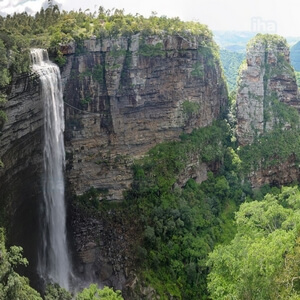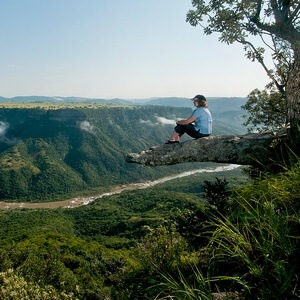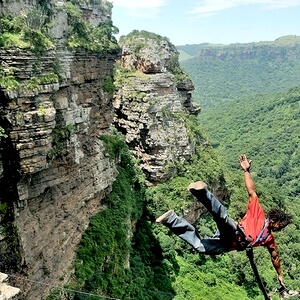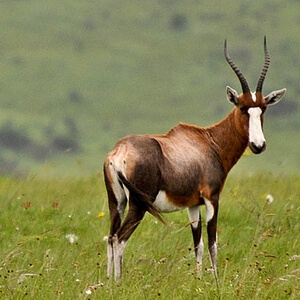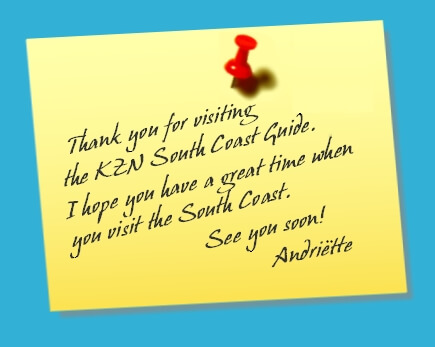The Oribi Gorge Vultures View Hide
Close to the Oribi Gorge Nature Reserve is an ecologically important Vultures View Hide that offers birders, photographers and nature lovers alike the special privilege to view and photograph a breeding colony of around 150 Cape Vultures. This is a golden opportunity to unobtrusively observe these magnificent birds as they feed, mate, nest and basically get on with their daily lives.
Although the Oribi Gorge colony consists of about 150 birds the outlying colonies from surrounding areas are also known to feed there. Keeping in mind that there are only about 8000 Cape Vultures left in the wild, the up to 1000 individual vultures feeding at this vulture restaurant are very significant and need to be protected.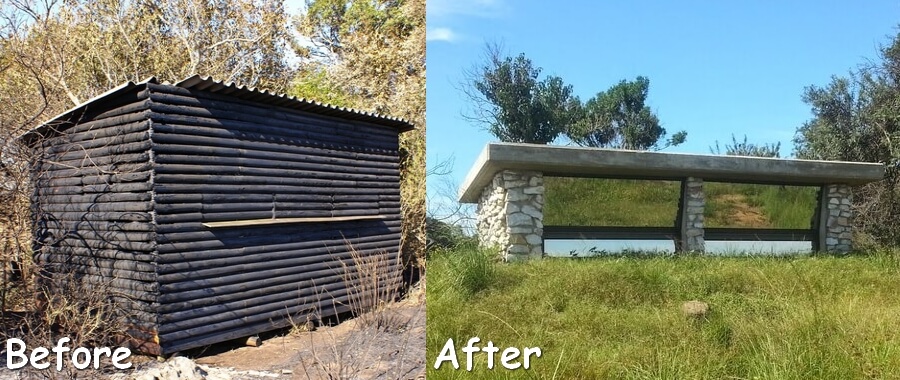
About the Oribi Gorge Cape Vultures
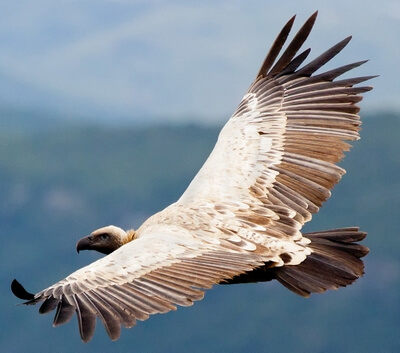
and Andy Ruffle for allowing us to use it.
The first, about 30 vultures, arrived during 2000 at the Oribi Gorge site, possibly coming from the colony at Umtamvuna Nature Reserve that was severely disturbed at the time.
The owner of the land the site is located on, after consultation with KZN Wildlife, started a feeling station to ensure the vultures have access to safe meat.
The growing colony is currently estimated at around 150 and the count of breeding pairs for 2017 stand at 47!
With only an estimated 8000 Cape Vultures left in the wild, 47 breeding pairs are very important, underlining how important it is to create awareness and to protect these very necessary scavenger birds.
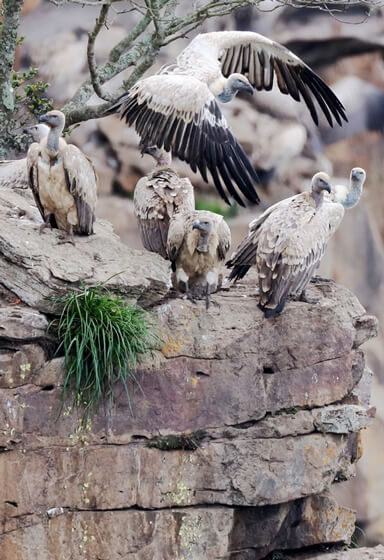
and Andy Ruffle for allowing us to use it.
Quick Facts about Cape Vultures
Species: Cape Vulture Gyps coprotheres
Endemic to South Africa
Rating: Endangered
Weight: 7-11kg
Wingspan: 2.6m on average
Feeding: Consumes +/- 1kg per feed
Need to feed +/- every 3 days
Nesting: Starts in April
Number of eggs: One
Incubation: 60 days by both parents
Chick care: Both parents
Chick leaves nest at 5 months
Maturity: 5-6 years
Life expectancy: 25+ years
Interesting facts about Vultures

Why are vultures important?
Vultures are the garbage collectors of nature and fulfill the very important role of keeping the environment clean and disease free. When an animal die they swoop in and consume the carcass so that only bones are left over. A vultures’ stomach acid is so powerful that it can destroy anthrax and even rabies.
What will happen if we didn’t have Vultures?
Other scavenger animals (rats, dogs, jackals, hyenas, crows, gulls ) will take over the role of vultures but won’t be able to do such a good job of it because they can’t destroy deadly diseases like rabies. More and more wild animals will contract rabies and die and it will soon spill over to humans who will also die from it.
During 1992-2006 an estimated 48 000 people died of rabies in India because of the disappearance of their vultures due to poisoning. It is very important that we protect our vultures to prevent this from happening to us.
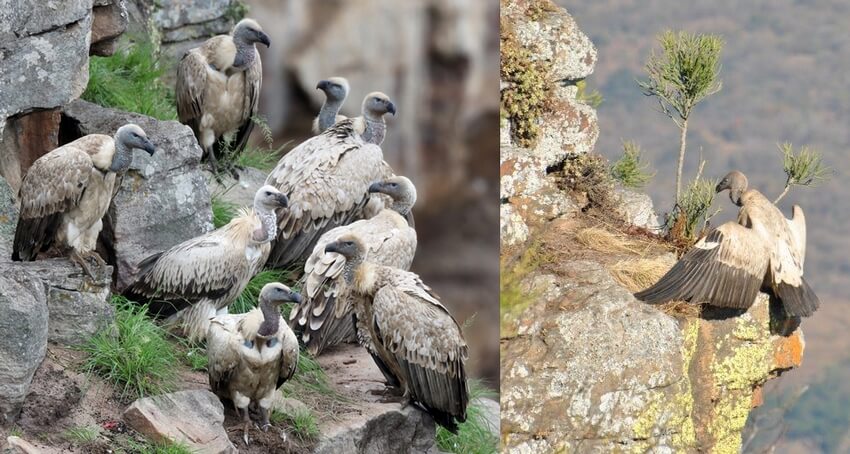
and Andy Ruffle for allowing us to use it
Why are Vultures Endangered?
Humans are their biggest enemy by their intentional and unintentional actions due to:
- Poisoning
- Killing to make traditional medicine
- Veterinary drugs used on farm animals
- Collision with power lines
- Loss of habitat
What can we do to help?
Visit the Vulture Viewing Hide to see these, often misunderstood, beauties in their natural environment, ask questions while you are there to learn about them and then get the word out to as many people as possible about the ways they can be protected.
